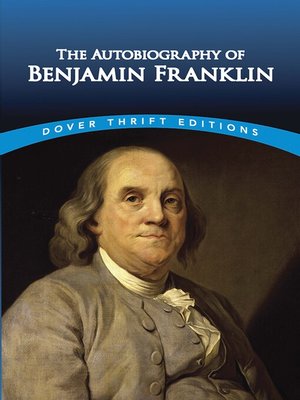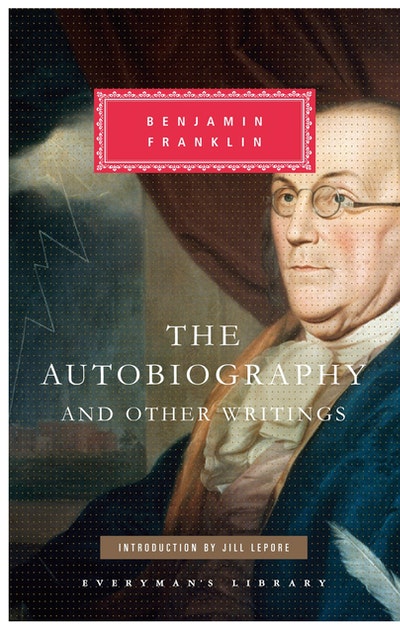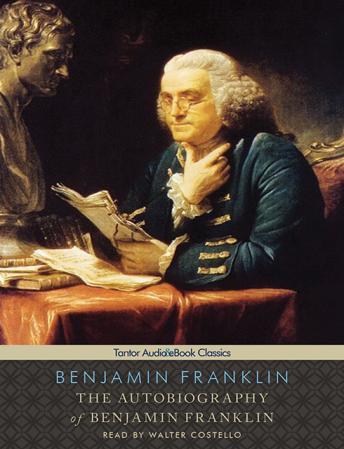
He knows that such connections will be useful to him, and later, when he is an influential man, he is happy to do the same. He parleys these traits into influential relationships with prominent men. However, he makes the best of his formidable personal traits such as charisma, ambition, and enthusiasm. He is from a humble background and only has his intellect, work ethic, and a few family ties to propel him into the world. Like the young heroes of dime novelist Horatio Alger's rags-to-riches tales, Franklin essentially pulls himself up by his bootstraps. This was the second governor who had done me the honor to take notice of me which, to a poor boy like me, was very pleasing.

Franklin hopes that other young men will be inspired by all of these characteristics.

He commits himself fully to his endeavors, even if the work that is required is arduous and/or monotonous. From his earliest days Franklin sees writing as key to his future. Writing is a way to put one's ideas into the world, to shape one's own identity and destiny. Second, he will primarily gain his reputation through writing: writing articles under the penname "Silence Dogood," publishing pieces on politics and science, writing the Autobiography, and more. He knows that unfettered independence is not ideal: instruction and advice from one's betters is useful for advancement. Before Franklin can become a great man he needs to learn from other great men.

First, he is willing to take direction and constructive criticism. In this quote Franklin demonstrates several important characteristics of his personality that will lend themselves to his future success.

I thought the writing excellent, and wished, if possible, to imitate it. I bought it, read it over and over, and was much delighted with it. About this time I met with an odd volume of the Spectator. I saw the justice of his remark, and thence grew more attentive to the manner in writing, and determined to endeavor at improvement.


 0 kommentar(er)
0 kommentar(er)
